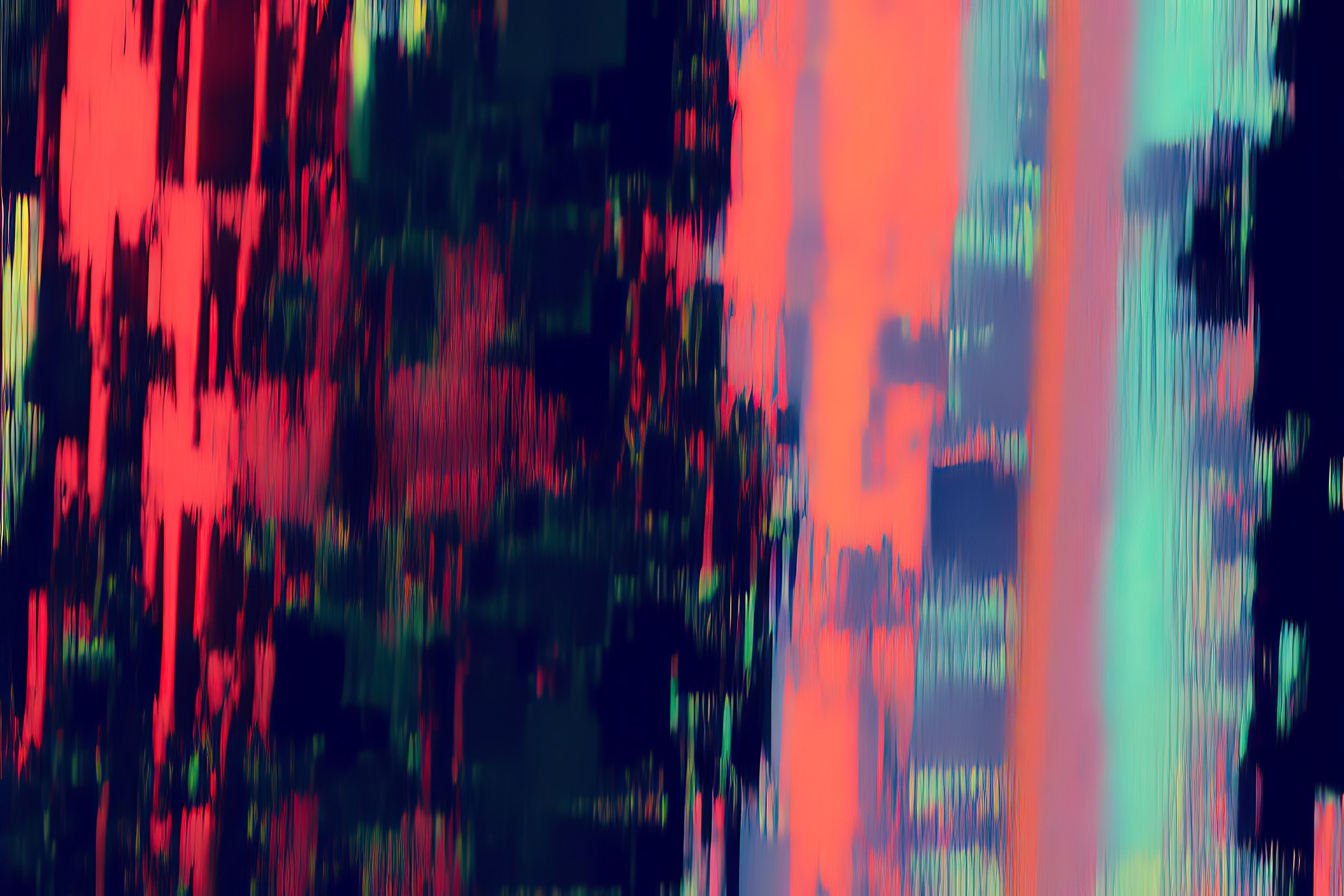
About
Speculative Play and Just Futurities
Narrative storytelling and creative world-building are important methods of challenging oppression. Speculative writing and design—from science fiction and fantasy literature to film and literary gaming to new digital media such as virtual reality—is a resource, not only for imagining alternative worlds, but also as a vehicle for remaking our presence in this world. “Speculative Play and Just Futurities” concentrates on creating spaces for composing, theorizing, and discussing literature (in its broadest scope) with an eye to imagining and enacting just futures that can challenge historic oppressions and unjust systems.
We use two concepts to frame the program: “speculative play” and “just futurities.” “Speculative play” builds on the Renaissance concept of serio ludere, or serious play, especially as it has been employed in ludology, anthropology, digital humanities, organizational management, and education. We follow Kelly and McDonald who argue for four characteristics of serious play: 1) it is not simply a form of amusement; there are stakes to serious play; 2) it is a non-linear practice, and its purpose is to generate “might-be, as-ifs”1 rather than universal truths; 3) it is an intersubjective, sociable experience; 4) it is a method for generating critique—an iterative process meant to challenge and reshape our theoretical frameworks, our disciplinary structures, our methods and practices.2
By “just futurities,” we follow Amir Eshel:
“futurity marks the potential of literature to widen the language and to expand the pool of idioms we employ in making sense of what has occurred while imagining whom we may become…Futurity is tied to questions of liability and responsibility, to attentiveness to one’s own lingering pains and to the sorrows and agonies of others. Futurity marks literature’s ability to raise, via engagement with the past, political and ethical dilemmas crucial for the human future.”3
In other words, futurity is theorizing, narrating, imagining, practicing, and opening up possible futures. By “just futurities,” we are particularly concerned with those literatures that foreground justice, as a way of knowing, doing, and being.
Meeting the conditions necessary for “serious play” and the potentials embodied in “just futurities” requires spaces that are intellectually rigorous, encourage creativity and experiment, and foster generative, critical dialogue—all of which are embodied by the three centers involved in this program. The three centers have a rich history of creating programs focused on social justice and supporting research and creative activity through lectures, performances, exhibitions, and residencies. They are deeply engaged in both the campus and the community and can introduce residents to a broad array of scholarship and people. The focus on “speculative play and just futurities” and the collaboration of the three centers make this program unique in the United States: while there are university-based programs looking at speculative inquiry (through fiction, gaming, teaching, anthropology, etc.), there is no program specifically focused not only on justice but also on creating a platform to support emerging scholars from historically marginalized communities.
The Residency Program
The SPJF Residency Program gives diverse, emerging scholars and creators the time, space, and resources to develop an imaginative or experimental theme or idea which contributes to both their intellectual growth as well as their own work. By emerging scholars and creators, we are referring to those individuals who are early career as well as to those individuals who are at a pivotal moment in which this type of support could propel them onto broader national or international platforms. In other words, the program is focused on supercharging an already creative and dynamic new generation of scholars and creatives by offering financial and institutional support for work that can reshape fields and disciplines, theories and practices.
Each resident will be expected to develop a scholarly or creative output over the course of their residency. This could be a traditional output, such as a series of poems or an article, or it could be an experimental work of narrative in a non-traditional mode such as VR or a game. Residents will have an $800 budget to support their work, which they can use for materials or equipment.
Residents will be hosted at IUPUI for one month, and there will typically be two or three individuals in residence at any one time. While in residence, scholars will develop a work, which they will discuss at a public lecture during the third or fourth weekof their residency. Because we recognize that some scholars and creators will need more time than a month-long residency to complete their proposed work, residents will be invited to return after six months to present on their final projects.
Residents will participate in dialogues with research faculty and students with the intent of sparking new ideas and forging new scholarly collaborations. Regular gatherings include weekly Wednesday lunches and dinners as well as colloquia each Thursday.
